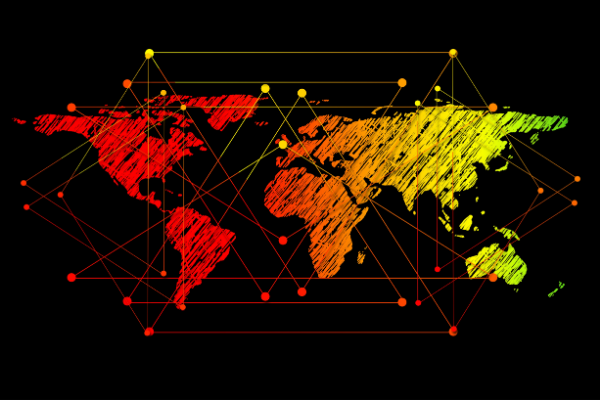
About 20 years and a few thousand updates ago, Google would only allow you to rank in the country your site was hosted in, because that was the area your IP was tied to.
However, the marketplace has changed completely with low-cost overseas hosting being massively popular. So, in today's marketplace where overseas hosting is quickly becoming the norm, does it still matter where your host is physically located?
Yes. Emphatically, yes. It may be more important than ever.
Here's why.
The Impact on SEO
If you want to set yourself up for the highest possibility of SEO success, you will want to go with a local host. If you're in Canada, go with a Canadian web hosting company for your .ca domain, or an Australian company will want an Australian host for their .au domain.
Google's Matt Cutts has confirmed on a number of occasions that these things do matter and that Google is definitely looking at the country of origin for your IP address when assessing your site. Of course, it's not the only thing they look at, but they are looking. So, this could be Strike 1 for your website before you've written a single line of code.
At the same time, there is almost no chance that an overseas host can promise you the same speeds that you can expect from a local host. Speed has never been more important to SEO than it is right now, particularly in a mobile-first indexing world and after Google's speed update.
The battle for local SEO in most marketplaces is far too competitive to simply give these things away by choosing an overseas host.
The Impact on CRM
The same speed issues we mentioned above will also apply to your conversion rate optimization (CRO) rates. Slow speeds will kill your click-thru rates and conversions.
First and foremost, you will lose about half of your traffic if your site won't load in the first 3 seconds. From there, you can expect to lose about 1% of your conversions for every 100-millisecond delay in the page loading. That's right, the damage isn't measured in full seconds, it's measured in fractions of a second.
The really bad news is that once a visitor abandons your site or your shopping cart their most-likely next step is to try to purchase the same item from your competitor's online store. This means you've just gift-wrapped your competitors a very buy-ready lead.
And just to kick you while you're down, you've also gifted them a SEO win. Your site will be hurt by the bounce rate, while their site is boosted by the traffic and conversion.
Don't be lured in by the perceived savings that an overseas host may seem to offer. The distance is going to cost you a lot more than you think when it comes to SEO and CRO, and even set your site up to fail with an immediate disadvantage.
This is certainly one area where shopping local is in your best interest!
ⓒ 2026 TECHTIMES.com All rights reserved. Do not reproduce without permission.




